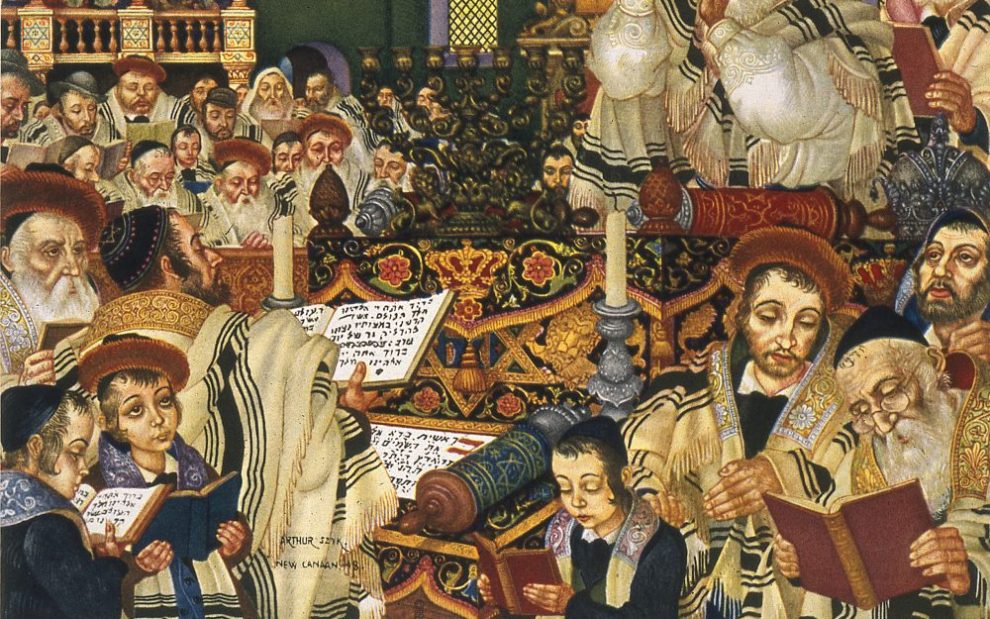Jewish identity is complicated, involving overlapping religious, cultural, and ethnic groups. But the practice of Judaism rules out actual endorsement of another religion, especially given the history of forced conversions.
So what do Jews believe about Jesus? Essentially, you can’t practice Judaism and believe that Jesus is the Jewish messiah. Jewish religious texts and rabbinic scholarship both discuss the idea of the Moshiach, or messiah. The 12th-century Jewish scholar Maimonides writes, in Melachim uMilchamot, “In the future, the messianic king will arise and renew the Davidic dynasty, restoring it to its initial sovereignty. He will build the temple and gather the dispersed Israel.” Jewish groups that believe in the coming of the messiah usually hold that this figure will do several things: unify the Jewish people, reestablish the Temple, and act as a sovereign over a free Jewish state.
These predictions are subject to interpretation, but all exclude Jesus. Maimonides makes his view clear: “Christianity caused Jews to be slain by the sword, their remnants to be scattered and humbled, the Torah to be altered, and the majority of the world to err and serve a god other than the Lord.” Rather than unifying Judaism, Christianity weakened and divided it.
When it comes to Jewish beliefs about the messiah, there is significant divergence but two general categories: Jews who believe prophecies literally predict a person and those who don’t. Most Orthodox and Hasidic denominations are in the former; the Conservative, Reform, and Reconstructionist denominations are in the latter.
As far as the historical figure of Jesus, there is a wide range of Jewish scholarship. Amy-Jill Levine’s The Misunderstood Jew (HarperOne) contextualizes Jesus in the Roman-occupied Jewish world and discusses the complex attitudes of different Jewish communities toward Jesus at the time.
Levine reminds readers that Judaism extends beyond the Torah itself. First-century Judaism had different leaders and subgroups, interpretational traditions, and ritual and social practices. Assuming Jesus is interpreting the Torah as we read it today is a mistake.
Jesus’ religious teaching is strikingly like that of a formative figure who preceded him: Rabbi Hillel (Hillel the Elder). Hillel probably died around the time of the birth of Jesus, and his teachings were extensively recorded. Many of the views expressed by Hillel form the basis for core debates in interpretational texts. Jesus’ teachings in the gospels, such as in the Sermon on the Mount, frequently align with Hillel’s views.
In a famous story, a gentile asked Rabbi Hillel to teach him the whole of Torah while standing on one foot. Hillel responds, “What is hateful to you, do not do to any other person. That is the whole Torah; the rest is commentary. Go and study it!”
This article also appears in the March 2024 issue of U.S. Catholic (Vol. 89, No. 3, page 49). Click here to subscribe to the magazine.
Image: Wikimedia Commons/Arthur Szyk, illustration of Rosh Hashannah















Add comment